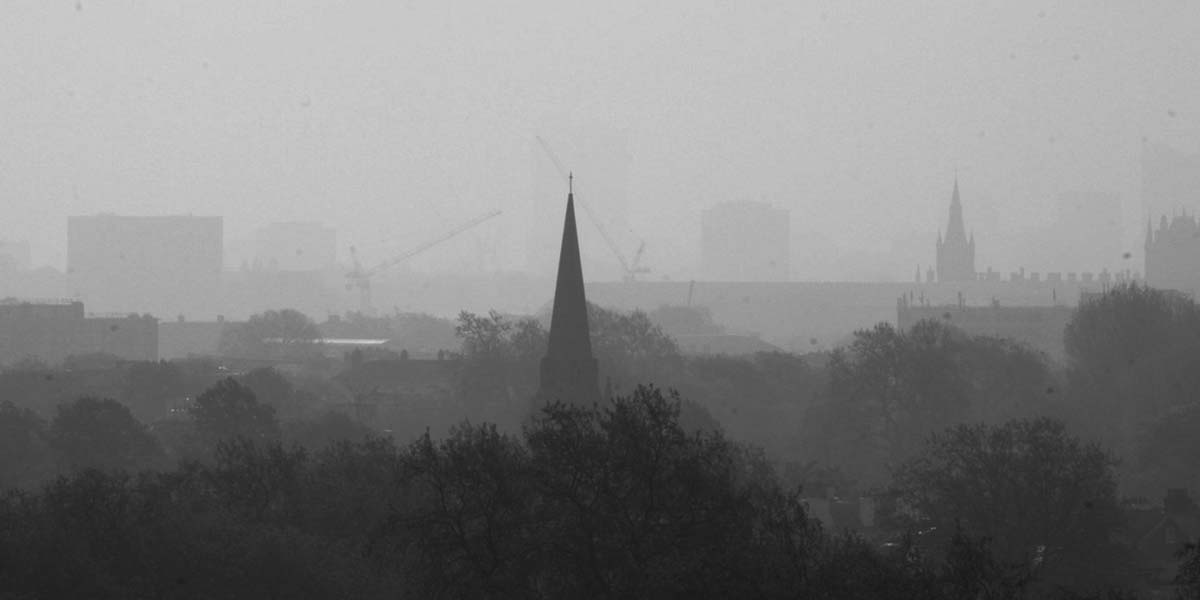What can we do about smog in the UK?
The smog in much of the UK at present is not as visible as the infamous 1950s smogs, and may not be quite as dangerous. But it is not safe. The 50s smogs were vanquished by a Conservative government banning...
The smog in much of the UK at present is not as visible as the infamous 1950s smogs, and may not be quite as dangerous. But it is not safe. The 50s smogs were vanquished by a Conservative government banning coal burning in homes and moving coal power stations away from towns and cities. But the relentless growth in road transport has brought dirty air back into British life. The growth in air transport has added to the problem – some of the worst air quality in the UK is around Heathrow.
Coal power stations need to be closed down as soon as possible, or retrofitted with carbon capture and storage (CCS) equipment. However, this is necessary for climate rather than air quality reasons. EU regulation has substantially cleaned up toxic emissions from power stations.
The truth is, bad air quality is primarily a result of road transport. Diesel is worse than petrol for air quality (though less bad for the climate). Diesel engines can be relatively clean if well maintained. But good maintenance is not always a strong point of white van men (or indeed white van women), or of cab drivers.
Instead, cars and vans should run on electricity. That would dramatically improve air quality. It could also reduce climate pollution, if the electricity was generated by renewables, nuclear power or fossil fuels with CCS. So central and local government must use all available levers to promote electric vehicles.
Buses and HGVs should run on gas. This produces lower greenhouse gas emissions than petrol or diesel, and much lower toxic emissions. All buses in Delhi have to run on gas. Some European cities (including Madrid) use gas buses. Labour local councils should introduce gas buses; though they will be hard pressed to do so because of the deep cuts in grants that the coalition government has made – surprisingly enough – to Labour authorities. Gas buses are cheap to run, but the conversion has to be paid for and infrastructure provided. Nevertheless, gas buses are less expensive than hydrogen buses, which Ken Livingston promoted while London mayor. Together with electric cars, they could clean up Britain’s air dramatically.
Stephen Tindale (@STindale) is a climate and energy consultant.
